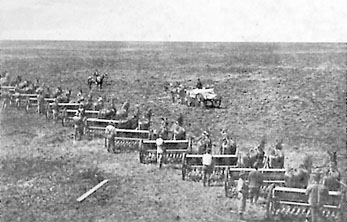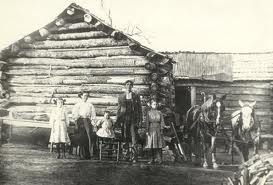
1880
“Minnesota wheat and the power of St. Anthony Falls make Minneapolis the nation’s capital of flour milling. A year later, Pillsbury’s new A Mill is the largest flour mill in the world.” *
My first thought is, ”How do I pray for a flour mill, and why is it important?” Show me why Lord. Possible reasons:
1. The Washburn mill exploded, which was the biggest in the world, allowing Pillsbury a chance to take the lead. So, do I pray about the effects of professional pride and jealousy?
2. It could be a simple acknowledgement of a real accomplishment; an amazingly quick rebuild! Simply viewing it as a story of hope.
3. What did the flour industry do for the city of Minneapolis and the State?
Jesus, You know our inmost thoughts, and yet you love us. Lord, Washburn and Pillsbury were competitors in the milling business. There’s nothing wrong with competition between these companies, or any other for that matter. However, if there were underhanded or bitter motives between them, will You release us from the burden of their jealousy, and or pride? Will You cleanse St. Anthony Falls from any guilt brought on by any unethical competition?
If everything was on the up and up, and the Washburn mills explosion was purely accidental, will You also cleanse us from the bitterness and sense of loss of that incident? Will You cleanse us of the spirit of blame? Will You heal this rift between companies then, and show our present-day business culture how to compete without hating their rivals? I thank you today for blessings of outstanding Minnesota companies in the grain and milling business: General Mills and Cargill to name a few!
Thank you for leaders who face major setbacks, and rebuild something amazing; brick by brick. Will You forgive our judgments of business leaders in milling, as well as their peers in all major industries here? The average person knows nothing of the intensity, risk, and sheer loneliness of being on top. Will You inform our hearts’, minds’, and creativity in the context of leadership?
Will You show us new ways of doing business in Minnesota that honor You and the creation we are stewards of, and help us redeem the business culture of the world? May our progeny say with Isaiah,
“Because the Sovereign LORD helps me, I will not be disgraced. Therefore have I set my face like flint, and I know I will not be put to shame.” Isaiah 50:7 **
*P.T.H. cites timeline formerly at this URL: mnhs.org/about/dipity_timeline.htm
The Minnesota Historical Society Web site, http://www.mnhs.org , is fantastic! Check it out! Images are from https://images.google.com/?gws_rd=ssl; again, an amazing resource!
** http://biblehub.com/isaiah/50-7.htm
*** A wonderful synopsis of the explosion of Washburn A Mill. https://www.mnopedia.org/event/washburn-mill-explosion-1878






